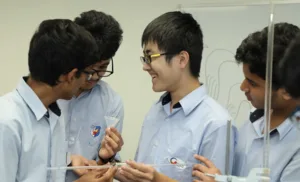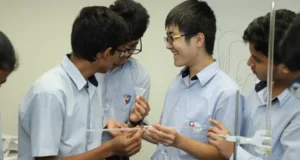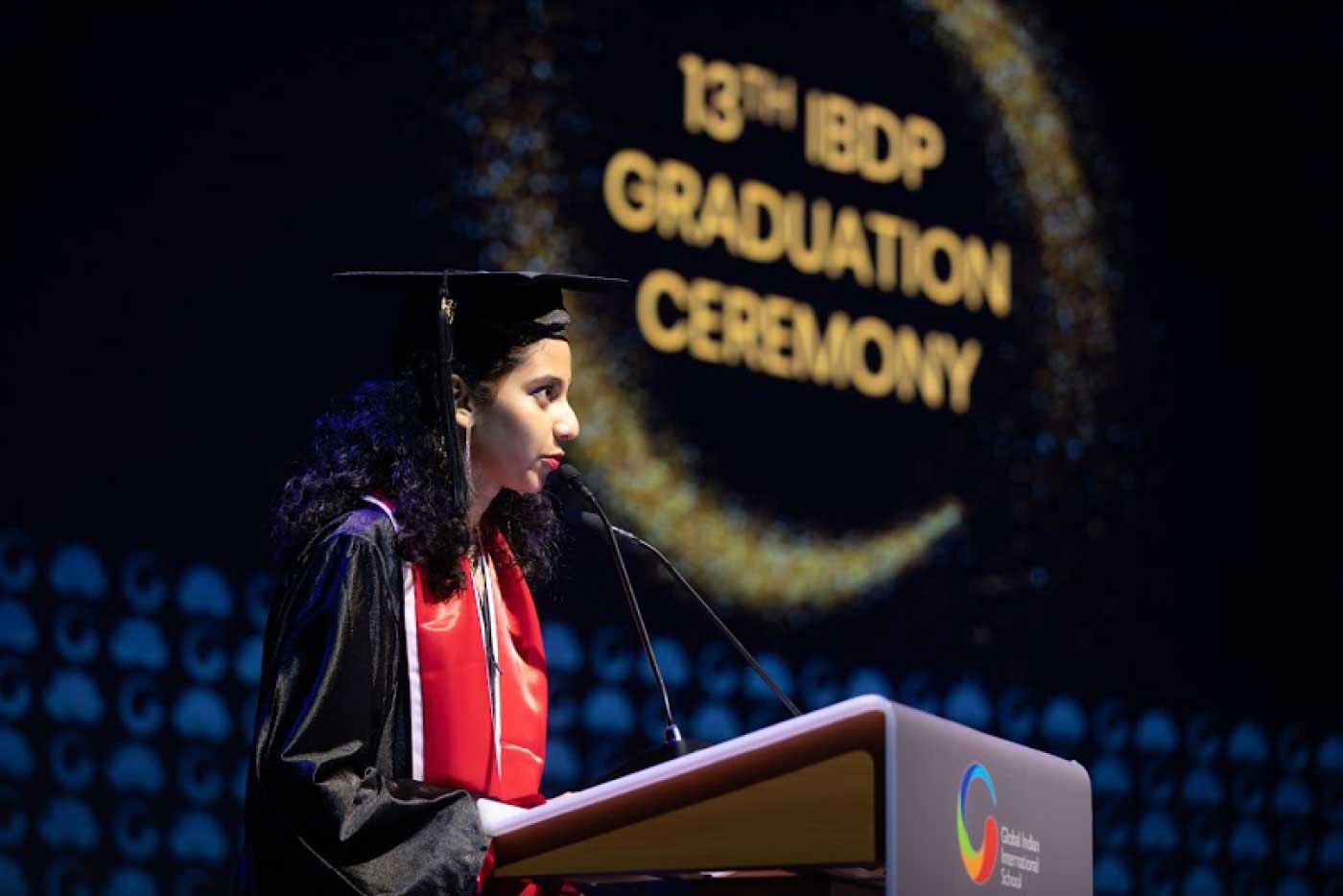Quality world-class education is beyond the reach of many students due to financial constraints. Not every student possesses the resources that would allow them to pursue higher education. For gifted students, though, scholarship programmes offer hope. There are different kinds of financial aids that you can apply for. Before you get started with any of your applications, make sure you know your options. Here’s what scholarship, studentship, and fellowship mean. By knowing what they are and how they are different from each other, you’ll be in a better position to choose the financial aid programme that is a good fit for you.
What is a scholarship?
A scholarship is a financial assistance programme that helps gifted students pursue their education. Most educational scholarships are aimed at students who want to finish their high school education or pursue a university or college degree. With these scholarships, kids without adequate financial resources have the chance to continue their education. Unlike a loan, the scholarship does not require the students to pay back the funds. Costs that are covered by the scholarship include transport or travel fees, accommodation, tuition fees, and book fees.
What is a studentship?
It refers to a grant or payment that is made to a graduate student to support their education. Like a fellowship, the studentship is awarded to any student for their academic achievements. A studentship is different from a fellowship because it focuses on providing funding for postgraduate students. The main difference between a studentship and scholarship is that the first one involves work on a research project, usually during the summer. The amount disbursed to studentship recipients is usually free of any taxes. But the recipient will need to meet the work requirements first. Other terms for studentship is teaching assistantship or research assistantship. Students at the PhD level are often the recipient of studentships.
What is a fellowship?
An academic fellowship is usually offered to graduate students who wish to gain more graduate and postgraduate credentials and experience. The fellowship makes this possible by providing them with financial assistance, allowing them to pursue research work without breaking the bank. Some fellowships have no specific job requirements. Other fellowship programmes, though, work much in the same way as internships for graduate students. The fellowship offers students opportunities to strengthen their resume or portfolio. Graduate students who usually win these fellowships often have extensive experience before they put through their application, as fellowships are often awarded based on merit. Students with high GPAs and promising careers also stand a good chance of bagging the fellowship.
What are their major differences?
A scholarship is different from a fellowship because a scholarship always comes with financial aid. Students who win a scholarship can then, can look forward to receiving financial aid in the form of daily expenses, tuition, living allowance and other forms of aid involving monetary expenses. It’s not the case with fellowships, though. A fellowship is a status earned at the university. It may include financial support, but that’s not always the case. A person may also be accepted by organisations/ schools and given recognition with a fellowship, or accepted as a fellow at a college or department. Being designated with a ‘fellow’ typically means that the graduate student can access the school’s library and other research facilities. Also, an educational scholarship is offered at the start of an academic career. Students who want to apply may do so before they start high school or college. There are no fellowship programmes that cater at this level, though. Essentially, scholarships are a form of financial aid for students while fellowships and studentships are granted to those with more experience.
How do you apply to these programs?
Whether you plan to apply for a scholarship, studentship, or fellowship, there are standard rules and guidelines. Here are a few of the things you’ll want to keep in mind:
● Know the deadlines: These programmes often have a strict application deadline. Since you typically apply for a scholarship or fellowship the year before you need it, you’ll have to factor application submission deadlines into your yearly calendar.
● Check eligibility requirements: Are you eligible for the programme? Look into this before you proceed any further. Therefore, you won’t have to waste time on a programme for which you’re not eligible. Some programmes also set additional requirements, so you might need to set aside time to ensure that your submission fulfils required guidelines.
● It is competitive: Whether it’s a scholarship or fellowship, there’s bound to be a lot of competition. There are plenty of students out there who want to pursue higher education or postgraduate research work, but don’t have the financial means to do so. They turn to these financial aids instead. It means you’ll want to put your best foot forward to make sure you stand out from the rest.
● Follow the rules: If you want to increase your chances of getting the financial aid, then make sure you follow all the instructions set down by the school for every stage of the application process.
● Read carefully: These programmes typically involve an assessment test. Go over the instructions carefully before you start answering. Don’t rush. It’s easy to misunderstand the instructions when you’re in a hurry to go from one section of the exam to the next. But that could lead to careless or even trivial mistakes that could cost you your application.
● Dress the part: When you ace the exam, you’ll be given a chance to face the panel in an interview. That interview will help determine whether you get the financial aid or not. When you show up for that appointment, dress right. You want them to take one look at you and think that: “yes, that’s the one who deserves this fellowship or scholarship.” To achieve that outcome, check the dress code that the school or organisation sent if there are any. If not, dress conservatively. That will help keep the conversation focused on you and what you’re saying instead of your appearance.
How do you choose a programme?
Look for programmes with eligibility requirements that you qualify for and check their application submission deadlines. Do you have enough time? A year or so in advance to prepare for the application process is a sound move. Study the programme as best as you can. Find out what kind of students win the financial aid, their records, their academic achievements, and more. Does your academic and extracurricular profile match with others? Is this the right financial aid? Are there other options that are much more suited to your talents and skills?
What if your application is rejected?
If you fail the first time around, there’s no reason you shouldn’t go for another round. Don’t hesitate to try again. There are plenty of scholarship programmes out there, including those who accept students with lower GPA scores. With every submission you send out, you gain more experience, improving your chances of being awarded a scholarship, studentship or fellowship. Even if you don’t get accepted the first time around, you’ll improve over time and bag a scholarship much sooner rather than later.



































